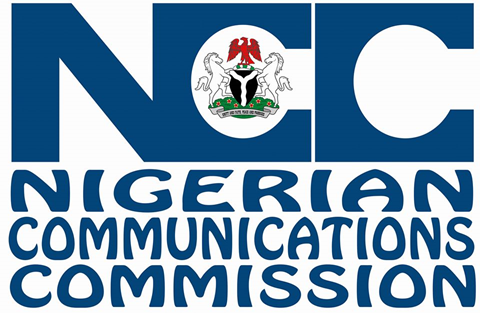By Moses Obajemu
- Analysts seek return to convention
- Say MPR now merely symbolic
Financial market analysts have expressed strong reservation about the relevance and effectiveness of the monetary policy rate (MPR) as the needed monetary policy instrument at this time to help the Central Bank of Nigeria achieve its objective of price stability as well as containing inflation.
Analysts at Afrinvest described the MPR as now being ‘merely symbolic’, as investors now look at the apex bank’s liquidity management operations for guidance. By that, the analysts are referring to the open market operations (OMO) auctions as more effective monetary policy instrument.
“In our view, there is a need to go back to convention as the MPR tool is now merely symbolic, investors now look to the CBN’s liquidity management operations for guidance”, they said in a report titled “Post MPC reaction: Policy levers remain unchanged as committee adopts wait-and-see approach”.
On the decision of the Monetary Policy Committee not to tighten, they said while the committee said it was to ensure price stability, it has more to do with the need for credit expansion. They described this position as contradictory.
“We believe this position is contradictory for two reasons. First, the committee fears that easing monetary policy could spur inflation; yet easing is already in full gear in the financial market and the real economy.
“The latter is driven by the CBN’s introduction of a minimum floor of 50 percent for loan to deposit ratio by the end of Q3 2019, and the reduction in maximum deposits attracting interest at the standing deposit facility window to N2 billion from N7.5 billion in 2014.
“Secondly, headline inflation at 11.2 percent in June 2019 continues to run outside the upper limit of CBN’s inflation target of 9 percent. Although we believe inflation is driven by structural factors that make doing business difficult, we believe there is empirical evidence from CBN that monetary tightening could help to further rein in inflation”, the analysts said.
While aligning themselves with the MPC’s view that credit interventions have short run effects on growth, they agreed with the committee that fiscal policy is crucial to boosting and sustaining growth.
They faulted the position of the CBN on the planned ban on forex for milk importation, saying industries that depend on milk for their operations would be negatively affected if implemented. They argued that with a robust external reserves portfolio of over $45 billion which is able to take care of three-month imports, there is really no pressure on the reserves to warrant the forex ban.
On the recent policies of the CBN mandating banks to lend to the real sector, they stressed the need to develop a credit scoring system as advised by the MPC to help reduce credit risk.
It will be recalled that the monetary policy committee of the Central Bank of Nigeria (CBN) met last week and retained the monetary policy rate at 13.5%. All 11 members of the committee voted in favour of this decision.
It also retained other parameters including cash reserve requirements (CRR) at 12.5 per cent and liquidity ratio at 30 per cent.
Addressing journalists at the end of the two-day meeting of the Monetary Policy Committee (MPC) meeting, the CBN Governor, Godwin Emefiele, said a tightening monetary policy stance was not an option, as key macroeconomic indicators are trending in the right direction.
The MPR is the rate at which the CBN lends to the real sector and often determines the cost of borrowing.








